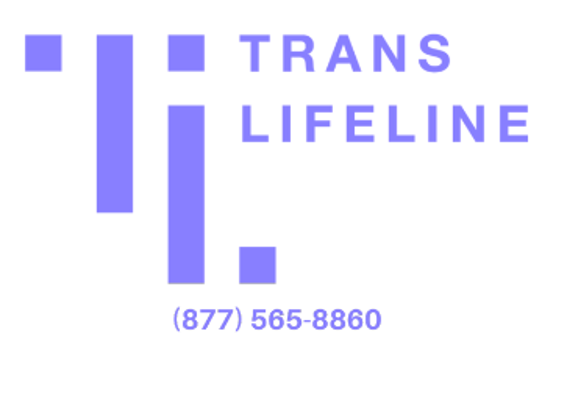Suicide Prevention
According to the Centers for Disease Control and Prevention, suicide is one of the leading causes of death in the United States. In addition to those who may die by suicide, we also recognize that many more may be struggling with thoughts of suicide and/or other mental health problems. If you, or someone you know, is struggling, please know that help is available!
Watch this short video about suicide prevention:
Know the Warning Signs
Warning Signs of Suicide May Include:
Verbal cues, such as stating they feel hopeless, helpless, trapped, etc.
Withdrawal
Isolation
Changes in Mood
Changes in Sleep Patterns
Changes in Substance Use, such as alcohol or other drugs
Giving important possessions away
Looking for and obtaining necessary items to attempt suicide
Talking about death or dying, especially if out of the ordinary
How to Help
How to Help Someone who May Have Thoughts of Suicide:
Recognize signs that someone may be thinking about suicide and respond!
Take action or get others involved!
Ask directly about suicide (“Are you thinking about suicide?”)
Express concern
Listen with empathy and no judgment
Remind them that help is available
Remind them that they’re not alone
Make a referral to a supportive resource, such as a mental health professional or other campus or community resource.
Resources Available
-
On campus assistance is available through our Wellness Team, who are trained suicide prevention:
Courtney Jaimes, MEd, LPC, PMH-C
Corinth Campus, Room 305
940-498-6203
cjaimes@nctc.edu
Book an AppointmentKosisochi Udozorh, M.S., LMFT- Associate
(Supervised by D. Eggleston, Ph.D., LMFT-S)
Gainesville Campus - Suite 111
(940) 668 4295
kudozorh@nctc.edu
Book an AppointmentTimelyCare – Free 24/7 virtual services for currently enrolled students, including on-demand mental health support and scheduled counseling services.
Learn more about using TimelyCare by watching this video.
-
Texoma Community Center
Serving Cooke, Fannin, and Grayson CountiesCooke County Location:
301 North Grand Ave.
Gainesville, TX 76240Phone: 940-612-1389
Fax: 940-612-1513
Denton County MHMR
Serving Denton CountyLocation:
2519 Scripture St.
Denton, TX 76201Crisis phone: 800-762-0157
Main phone: 800-942-5808 or 940-381-5000
Helen Farabee Centers
Serving Archer, Baylor, Childress, Clay, Cottle, Dickens, Foard, Hardeman, Haskell, Jack, King, Knox, Montague, Stonewall, Throckmorton, Wichita, Wilbarger, Wise and Young CountiesGraham Administration
1720 4th Street
Graham, TX 76450Phone: 940-549-4896
Montague County Center
605 Decatur Street
Bowie, TX 76230Phone: 940-696-6267
Locate Mental Health Services on Your Campus
Gainesville Campus
Corinth Campus
All Campuses
Timely Care is available to all NCTC Students 24/7 for counseling and wellness services.
National Resources
-

988 Suicide and Crisis Lifeline
-

Crisis Text Line
-

Veteran Crisis Line
-

The Trevor Project
-

Trans Lifeline
-

AgriStress Helpline
Suicide Prevention
Training
NCTC offers AS+K About Suicide to Save a Life – Basic Gatekeeper Trainings throughout the year to students, faculty, and staff. These trainings offer an overview of public health information important to developing suicide prevention gatekeeper skills. Course topics include risk factors, protective factors, and warning signs related to suicide and how to connect someone to care if you think they may be struggling. For more information, or to schedule a group training, please email counseling@nctc.edu.
More Resources
Pregnant & Parenting Student Resources
View resources for students who are pregnant or parents.
Counseling
Meet our NCTC Counselors and schedule an appointment.
Title IX
Title IX policies related to acts of sexual misconduct, sexual discrimination and sexual harassment.
Student with Disabilities
Resources for students with disabilities or in need of special accommodations.



